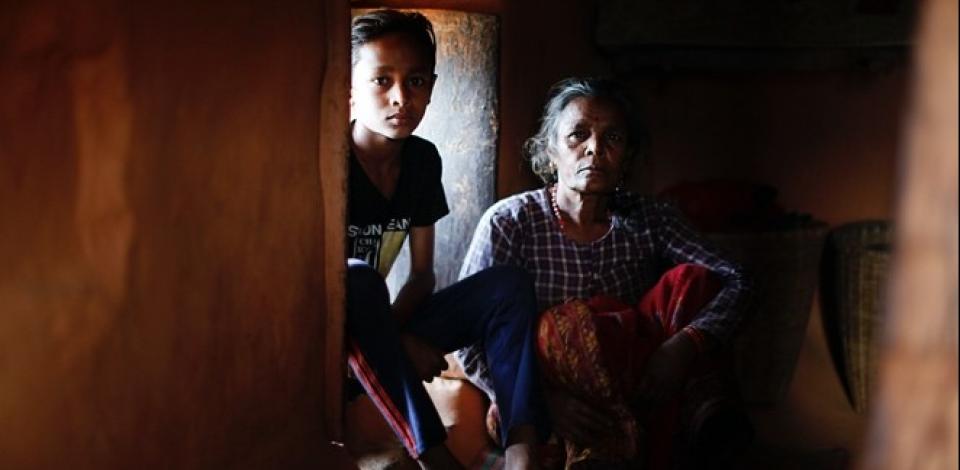
Household members
Many people affected by NTDs receive love, care and support from family members (if not always the whole family). In such cases, the person does not feel rejected and therefore is less likely to develop serious mental health problems and physical complications. Some families are familiar with the disease and its consequences, but other families may find this a completely new and unknown experience and may themselves be shocked or scared. Those family members will need support and advice themselves.
Family psychosocial support
Family psychosocial support is a specific type of group support that focuses on the relationships within a household unit. The attitude of the family plays an important role in reducing or increasing the stigma and the distress the person may experience and in helping the person to come to terms with the health condition. It has been observed that people who have family support cope better with mental distress than those who do not.
The decision about whether to have family psychosocial support rests with the individual affected. Some people do not wish to disclose to family members that they have a health condition. However, if they agree to this disclosure, this kind of psychosocial support can be beneficial because family members themselves may also experience stigma because of the NTD. Also, as caregivers, they may have various psychological needs. It may sometimes be necessary to provide couple-oriented psychosocial support and/or to include children in the psychosocial support sessions.
Case study from TLM Champa Hospital, India
During the last decade, the hospital policy has been to admit leprosy patients together with a family member. Family members are those who take care of the patients at home. They can understand the processes used at the hospital and support the patients in dealing with all the administrative tasks. They also support patients in self-care activities, especially for simple ulcers in the hand or foot, and they learn about preventive measures against leprosy complications.
The experience during these years has been:
1. People admitted with family members are more cooperative, sleep better at night, talk more with the staff members and interact and share their thoughts with neighbouring patients more freely.
2. Self-care taught to the person affected along with the family member was implemented better at home. Where more severe complications were involved, those with a family member recovered faster, attended hospital appointments on time and were able to get back to work quicker.
3. Where no family member is available, support has often come from other leprosy-affected families, especially those who have overcome many of the challenges of leprosy and are now able to help others.
